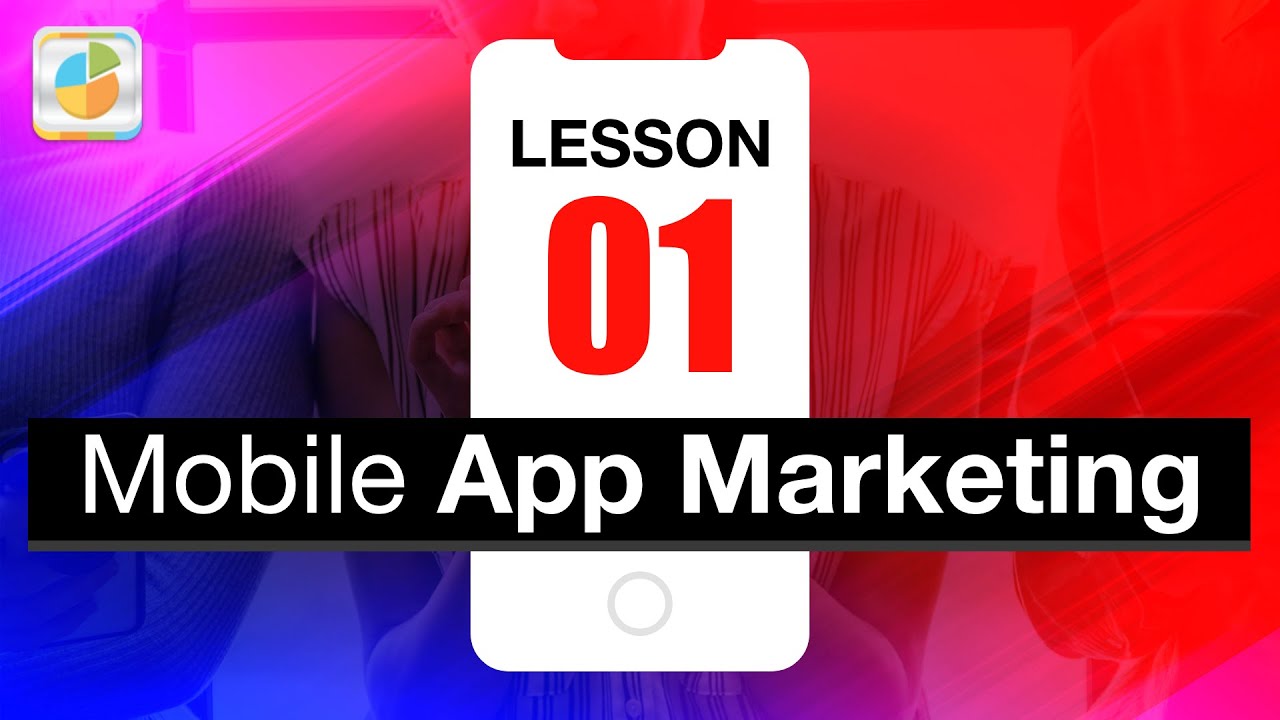With more than four million apps available to download from the top app stores around the world, businesses know that the only way to stand out in the app market is to have a well-thought-out marketing plan.
Focusing on mobile app development and making sure the app works well is important, but if users don't know the product exists, all your hard work will be for nothing.
Mobile app marketingtakes into account everything a user does with the app, from the first time they hear about it to the time they become a loyal user. In the end, the goal of a mobile app marketing strategy should be to get users who will not only use the app again and again but also spread the word about it.
What Is Mobile App Marketing?

Mobile app marketing explained
Mobile app marketing is all about keeping in touch with your customers from the time they first hear about your app to the time they start using it regularly. To do this well, you need to know who you want to reach, where to find them, and what to tell them.
Think of how people use mobile apps as a "funnel." There are a lot of stages in a funnel, but here's a simplified look at them.
- Acquisitionis the first thing a user does when they start to use your app. How do you get them to even download and install your app?
- Up next is activation. The exact meaning of "user activation" changes from app to app, but in general, activation means a user's first actions, like adding their email address or making a first purchase.
- Engagementstarts when brands can talk to their customers in a personal and respectful way and start making moneyfrom the app.
- Loyaltycomes from relevant experiences that make people happy and want to tell others about them.
- The idea of afunnelis useful, but users often move back and forth between stages. So this could also be called the "mobile engagement loop" or the "customer app lifecycle."
At each stage of the customer lifecycle, you need to use different strategies and tactics to keep your customers interested.
How Does Mobile App Marketing Work?

How to Market a Mobile App
Mobile app marketing is a broad term that includes many different strategies that are made with mobile users in mind. These strategies are important for mobile engagement, which means getting users to interact with the app after they've downloaded it, like by opening a notification or making that crucial conversion.
Teams working on an app can get people to interact with it in a number of ways. Some of the best ways to reach mobile users are through in-app messaging, push notifications, mobile email, and texting.
Marketers can come up with strategies once they have enough information about users to be able to make decisions. Data is essential to the success of mobile app marketing campaigns.
Because of this, mobile app marketers tend to keep an eye on a wide range of different metrics, which they then use to get ideas for and shape their campaigns. Most of the time, data is built into platforms for managing mobile app marketing.
This makes it easy for marketers to automate mobile campaigns to get the best results for each app user.
Automation and personalization are two great ways to not only keep customers more interested, but also save marketers time that they can use to do more testing. Automation and personalization can quickly improve the results of mobile app marketing campaigns when they are used together.
Testing is another great way to find out what customers want and how tomake an app even better. To see how it works, we only need to look at a call to action button, which you can find in almost every app.
Most of the time, the way these buttons are shown in apps is the result of a lot of testing and analysis. Most of the time, mobile app marketers will have tried out different versions of the button and compared them to see which ones their target audiences liked best.
Once testing has been done, it's easy for marketers to figure out which version works best and then send that same version to their whole audience.
By making changes based on data like this, marketers can make the exact changes that will make their mobile apps more successful, which will increase both engagement and customer retention.
Who Does Mobile App Marketing Benefit?

Benefits of Mobile App Marketing: Lesson 01
Marketers who want to move away from desktop-based businesses and focus on the growing mobile market can benefit from mobile app marketing.
Mobile marketing can gather information about customers with a nearly endless number of tools, such as GPS tracking to let customers know about sales in their area or email campaigns that have push notifications built in.
Marketers can analyze, personalize, and automate their marketing all from the same platform. This makes the mobile user's experience better, which is good for the marketer as app downloads and customer retention rates keep going up.
Mobile app marketing is important if you want to stay competitive in a world that is becoming more and more connected. It uses new technologies to improve traditional marketing methods and give each customer a completely unique experience.
Mobile app marketing is a type of marketing that should not be ignored, either now or in the future. It has a lot to offer, from data analytics to flexible messaging strategies.
People Also Ask
Why Is Mobile App Marketing Important?
One of the best things about mobile app marketing is that it helps you figure out who your competitors are. Marketing the app also lets you know who your competitors are and how you can come up with a plan to keep users coming back.
How Do Mobile Apps Use Marketing?
When users search for certain app keywords, adspop up. For example, when a user searches "send cash," ads for mobile payment apps might pop up. You can also buy search ads on sites like Google AdWords, so that when someone searches "buying a home," they see an ad for your real estate app.
What Are Examples Of Mobile Marketing?
Promotions can be sent through SMS text messages, MMS multimedia messages, downloaded apps with push notifications, in-app or in-game marketing, mobile websites, or by scanning QR codes with a mobile device.
Conclusion
A key part of any marketing plan is to not try to sell too much. By far, the best way to market a mobile app is through word of mouth. This means that you can't give false information or make too many promises.
You need to make sure that your messages are always the same, or users will get frustrated and uninstall your app in large numbers. Diversifying your marketing plan is important if you want to market your app in a wide range of ways. Some people will connect through video, while others will use pictures or words.
Make different kinds of contentand make sure that app reviewers can always get to it easily. Remember that your strategy should change over time, and that constant optimization is the only way to find the right mix of different approaches.